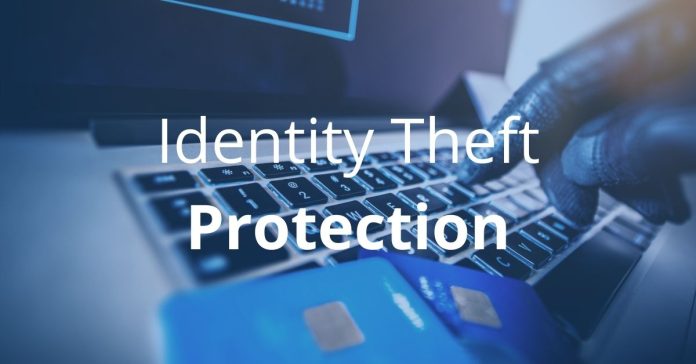Identity theft is a serious crime that can have long-lasting consequences for victims. Safeguarding your identity is crucial in today’s digital world, where personal information is often stored and shared online. Understanding the risks of identity theft and implementing effective protection measures can help you protect yourself from this threat.
What is Identity Theft?
Identity theft occurs when someone steals your personal information, such as your name, Social Security number, or credit card details, and uses it without your permission to commit fraud or other crimes. This can result in financial loss, damage to your credit score, and even legal issues.
Why is Identity Theft Protection Important?
1. Financial Security
One of the primary reasons to protect your identity is to safeguard your financial security. Identity thieves can use your personal information to open fraudulent accounts, make unauthorized purchases, and drain your bank accounts.
2. Protect Your Credit Score
Identity theft can also damage your credit score, making it difficult to secure loans, mortgages, or even rent an apartment. By protecting your identity, you can avoid the negative impact of identity theft on your creditworthiness.
3. Prevent Legal Issues
Identity theft can lead to legal issues, especially if the thief commits crimes in your name. Protecting your identity can help you avoid legal trouble and the stress and expense of resolving these issues.
4. Preserve Your Reputation
Identity theft can damage your reputation, both personally and professionally. By protecting your identity, you can maintain control over your personal information and preserve your reputation.
Tips for Protecting Your Identity
1. Monitor Your Accounts Regularly
Regularly monitor your bank accounts, credit card statements, and credit reports for any unauthorized activity. Report any suspicious transactions to your financial institution immediately.
2. Use Strong Passwords
Use strong, unique passwords for your online accounts and update them regularly. Consider using a password manager to help you create and manage strong passwords.
3. Be Wary of Phishing Scams
Be cautious of emails, phone calls, or text messages asking for personal information. Identity thieves often use phishing scams to trick people into revealing their personal information.
4. Shred Sensitive Documents
Shred any documents that contain personal information before disposing of them to prevent identity thieves from stealing your information from the trash.
5. Use Two-Factor Authentication
Enable two-factor authentication on your online accounts for an extra layer of security. This requires you to provide two forms of identification to access your account.
6. Limit Sharing Personal Information Online
Be cautious about sharing personal information online, especially on social media. Identity thieves can use this information to steal your identity.
Conclusion
Protecting your identity is essential in today’s digital world. By understanding the risks of identity theft and implementing these protection tips, you can safeguard your personal information and avoid becoming a victim of this crime.
